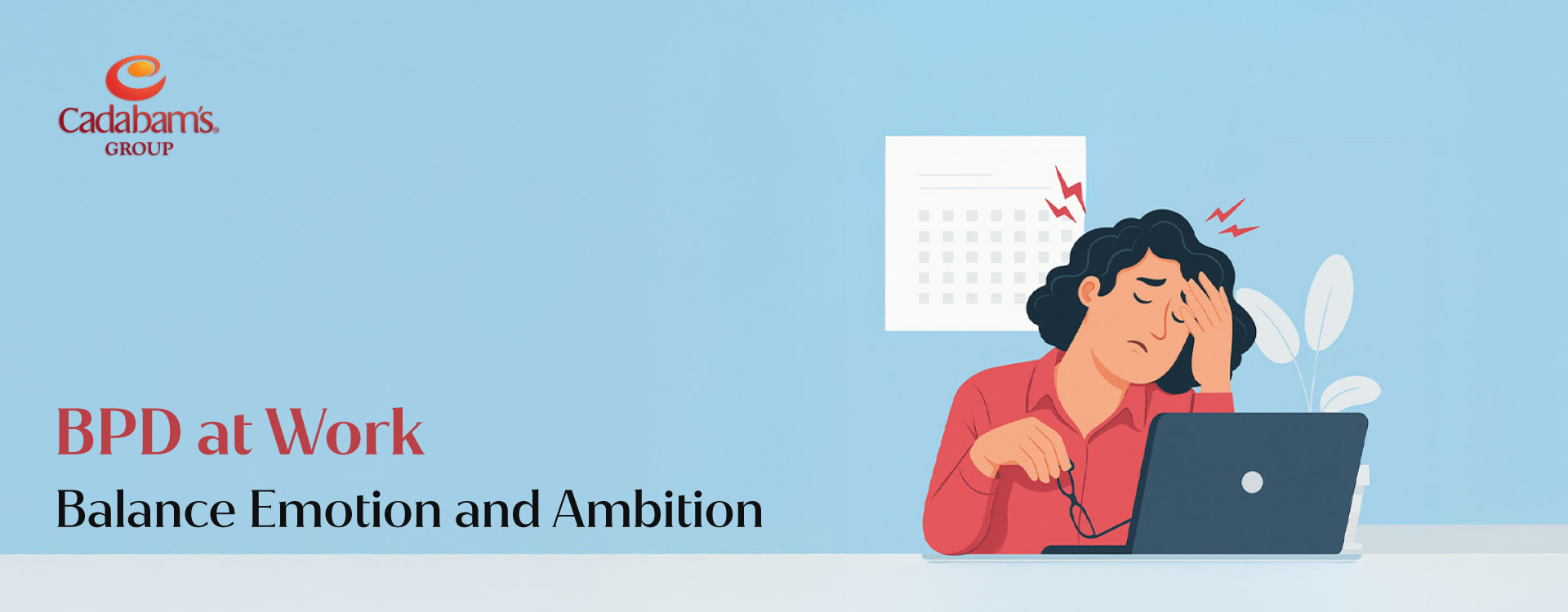Are you or one of your loved ones experiencing extreme mood swings alternating between mania (unusually elevated mood) and depression accompanied by feelings of irritability, sleep disorders, not to mention frequent bouts of emotional outbursts, feelings of worthlessness, and weird thinking? Its bipolar disorder causing severe disruptions in your personal, professional, and social circles. This severe fluctuation in mood continues in a cyclical manner.
Signs of Bipolar Disorder, Explained
For someone who’s dealing with bipolar, he/she will exhibit the following signs and behaviors:
Delusion: The individual loses touch with reality and cannot distinguish between real and imaginary.
Elevated mood: It’s a manic mode where the individual feels highly energetic and hyperactive, and often displaying abnormal behavior.
Irritability: He/she feels highly irritated with the activities they do and displays outrageous behavior.
Sleep-related problems: The person will experience sleep abnormalities, and will fluctuate between an inability to fall asleep and oversleeping
Emotional outbursts: Environmental factors can easily trigger their eruptions and it becomes extremely difficult to control themselves.
Worthlessness: Their conscience is so out of proportion and they feel unreasonably guilty, leading to very low-self esteem and feelings of worthlessness.
Mood swings: This is all about extreme fluctuations in mood that swing between mania and depression in a vivacious circle.
Tips to Live Better with Bipolar Disorder
When you’re dealing with bipolar disorder, your daily life seems an uphill task where performing or completing even small duties become challenging. However, these tips are effective in helping you live better and function productively:
Educate yourself about the illness
Having an in-depth knowledge of the disorder can help you approach the disease in the right manner. It makes it easier to share your concerns with an experienced counselor and get the right medication.
Do a self-journal
Note down all the symptoms you experience for every type of mood you experience that also keeps changing. Track your thought and behavior, including eating habits, sleep patterns, how you react, and other experiences to stabilize your mood.
Choose a healthy lifestyle
Choose healthy activities like following a regular sleep pattern, starting a hobby, doing exercises or Yoga, following a healthy diet, and other healthy choices to improve your mood and enhance the recovery process.
Have an action plan
Every situation isn’t under your control, hence its important to have an action plan that works during such circumstances. This includes having a list of people to contact during an emergency, medications to take, and other important information.
Seek help
Maintain good social connections, and keep in touch with supportive family members and counselors who can help you in your journey.
Dealing with Bipolar at Work
What type of job you like to do depends on the following points that also makes dealing with bipolar disorder at work easier:
Thoughts about the work environment
Study if the work environment supports you, helps you grow, and assists you instead of being unfriendly. A quiet and relaxed workspace is a good choice where there’s no distraction.
Can you visualize the schedule?
You can start off in a part-time job to see how things shape up. It’s preferable to choose jobs that have flexible timings with daytime working hours. Avoid night shifts and being on duty since getting adequate sleep is essential for recovery.
Think about the types of people on the job
Study your co-workers and their values, lifestyle, and their style of working and interacting in the workplace.
Creativity
Choosing a job high in creativity is the ideal one to help you recover faster. Creativity engages the mind and avoids distractions.
Bipolar disorder in the workplace – Understand Yourself
Everyone needs to understand themselves and their uniqueness. Richard NB, the author said “The key to a happy and fulfilling future is knowing you. This self-knowledge is the most important component of finding the right career.”
Hence, here are some things which will help you to understand yourself and know how to deal with bipolar at the workplace. Know these-
- What are your interests, strengths, and aptitudes?
- What are the skills you have?
- Your personality traits?
- Values which are important?
- What are your physical abilities and stamina?
- What are your limitations and barriers?
Also, do Some Occupational Research about the occupation you are willing to join. These include
- Work duties
- Skills required
- Necessary education or training needed
- Any license or certification
- Typical hours patterns
- Working conditions (physical demands of the job, environment, and stress level)
- Salary and benefits
- About the Career path and opportunities for further advancement
- Employment outlook (availability of jobs now and in the future)
Why Cadabam’s?
Cadabam’s is an all-inclusive, state-of-the-art rehab center that offers a favorable environment featuring relaxing accommodations, rejuvenating amenities, holistic treatment options, and customized therapy and counseling sessions to aid in recovery.
Disclaimer – We strive to treat our patients with dignity and the utmost sensitivity. We understand that mental health illness is a disease and not a sign of weakness. The term mental health issue is used not in a derogatory fashion but to remain relevant to user search trends and common usage. In case you or a loved are struggling with Borderline Personality Disorder or you are caring for one, do share your unique viewpoint on how we can improve this content for our readers, please reach out to us at info@cadabams.org
.webp)







